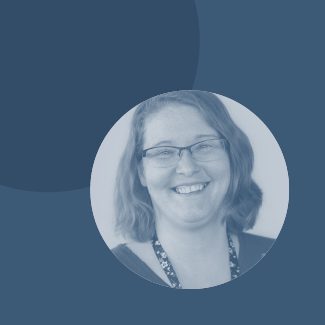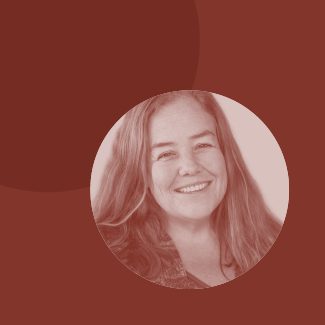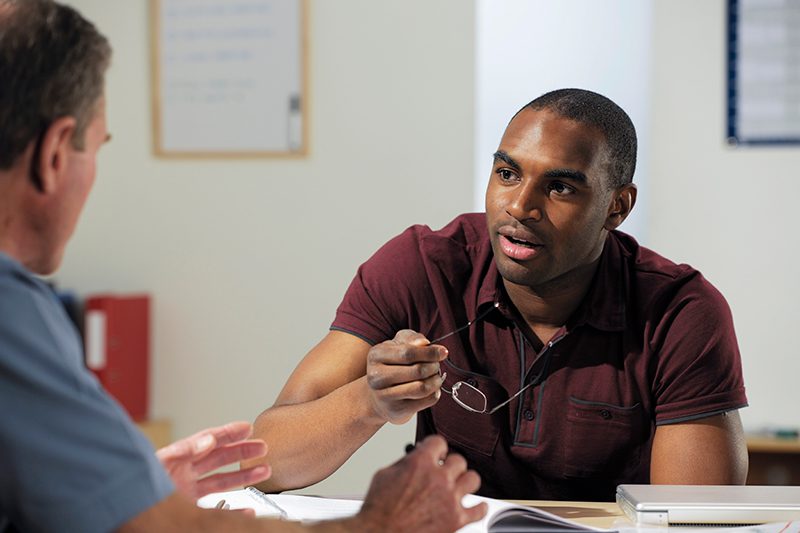
Dec 8, 2020 | Behavioral Home Health, BHH Provider, Q+A
Q: Why do you do this work? A: I do this work because I wish I had had someone who helped me when my child was young. It is hard to parent a child who struggles, it can be isolating. To have had someone who understood the types of things that I was going through would...

Dec 8, 2020 | Behavioral Home Health, BHH Provider, Q+A
Q: Why do you do this work? A: I like that there is more of an overall wellness focus in this role and that treatment is focused on the whole person. I like that this program specifically looks at mental and physical health as intertwined because, as a nurse, I know...

Dec 8, 2020 | Behavioral Home Health, BHH Provider, Q+A
Q: Why do you do this work? A: I like doing peer support and I’m good at it. I like that you can just connect with people as people and you don’t have to worry about a lot of paperwork or be constantly assessing the person. Q: What can you bring to clients/families...





